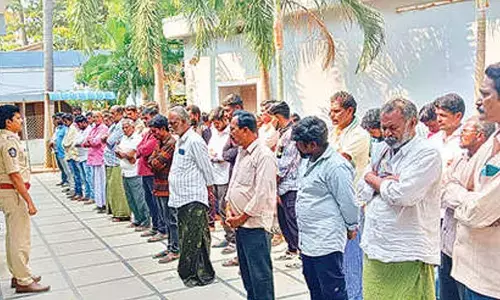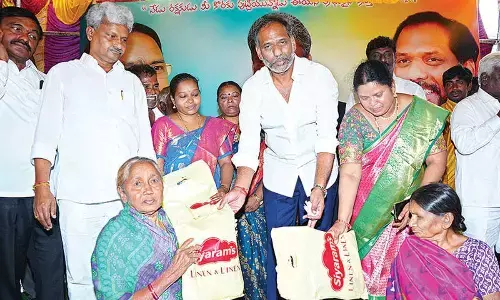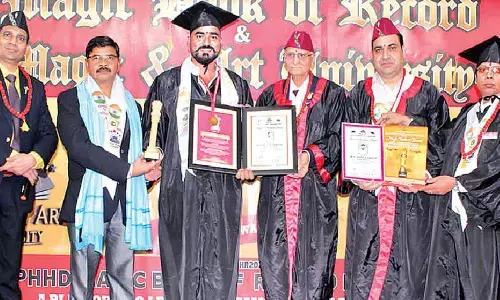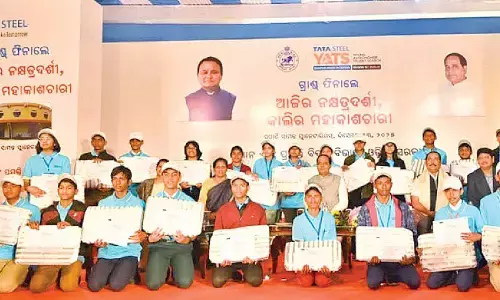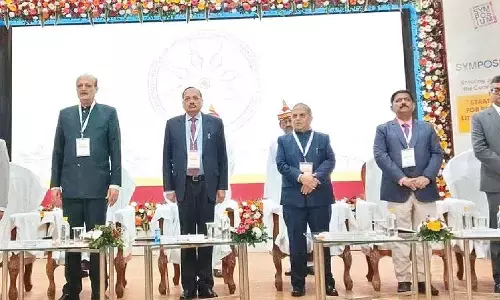Legendary singer and composer Hemant Kumar Mukhopadhyay: A tribute to the ‘Voice of God’
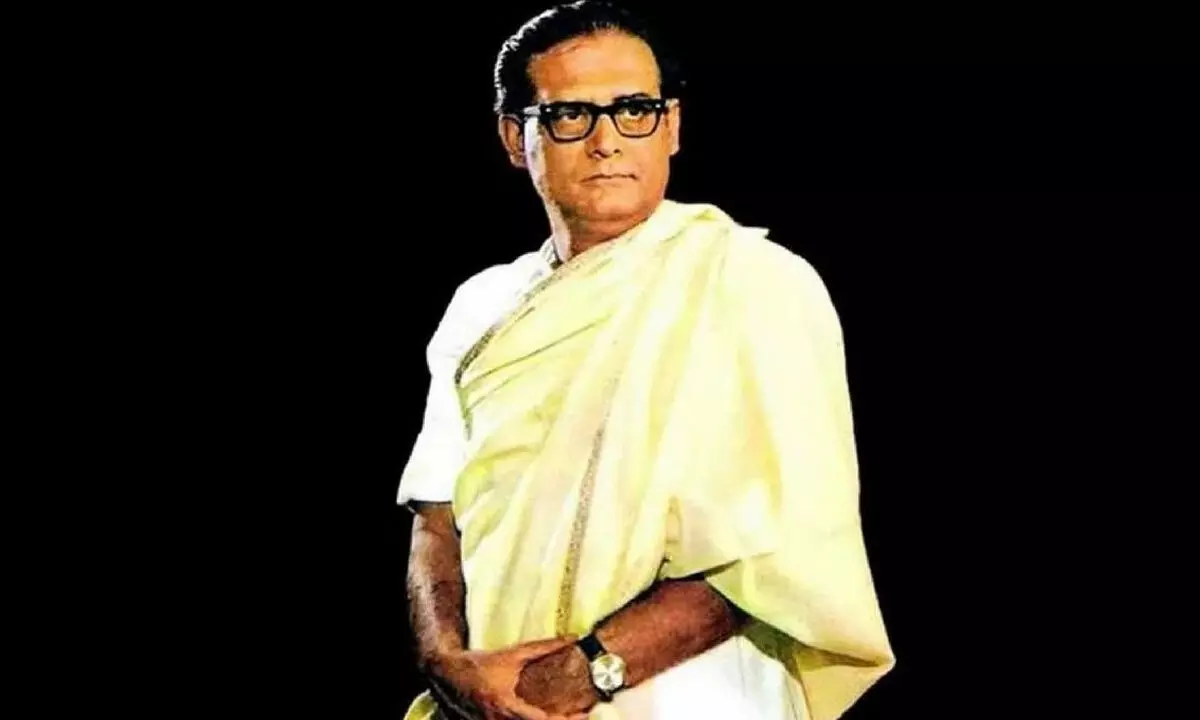
Hemant Kumar Mukhopadhyay, a luminary whose music transcended borders and genres, leaving an indelible mark on Indian cinema
Hemant Kumar Mukhopadhyay, a luminary whose music transcended borders and genres, leaving an indelible mark on Indian cinema. Born in 1920 in Benares, Hemant Kumar’s journey from engineering to music was propelled by an innate passion that reshaped the landscape of playback singing and composition.
Renowned for his mellifluous baritone, Hemant Kumar found early success in Bengali films during the 1940s. His musical prowess soon extended to Hindi cinema, where he gained prominence with compositions for iconic films such as “Anand Math” (1952) featuring stirring renditions of “Vande Mataram” and “Jai Jagdish Hare, Jai Jagdish Hare”.
However, it was the haunting melodies of “Nagin” (1954) that catapulted him to nationwide acclaim. Collaborating with his assistants Kalyanji and Ravi, Hemant Kumar’s music, including the mesmerizing snake-charmer tune, earned him accolades, including a Filmfare Award for Best Music Director.
Throughout his career, Hemant Kumar distinguished himself with a unique blend of classical influences and lyrical depth. His compositions resonated with audiences, whether through the poignant “Yaad kiya dil ne kahan ho tum” from “Patita” (1953) or the evocative “Na tum hamen jaano” from “Baat Ek Raat Ki” (1962). Beyond his musical brilliance, Hemant Kumar’s persona was characterized by humility and dedication. Despite setbacks in Bombay during the late 1960s, where changing tastes marginalized his style, he continued to thrive in Calcutta, particularly renowned for his renditions of Rabindra Sangeet.
Hemant Kumar’s international acclaim further underscored his versatility. He became the first Indian composer invited to work on a Hollywood film, contributing to Conrad Rook’s “Siddhartha” (1972) and incorporating his Bengali compositions into the soundtrack.
Despite declining health in the 1980s, Hemant Kumar remained committed to his art, refusing national honors late in his life, citing timing issues. His legacy endures through timeless melodies and an unwavering commitment to musical excellence.
Hemant Kumar Mukhopadhyay’s enduring influence on Indian cinema, his voice continues to evoke nostalgia and admiration. His ability to infuse emotion and depth into each composition earned him the admiration of peers and audiences alike, cementing his status as the “Voice of God” in the annals of Indian music.
In remembrance of his extraordinary contributions, fans and aficionados revisit his iconic songs, cherishing the musical legacy of a maestro whose melodies continue to resonate across generations.









